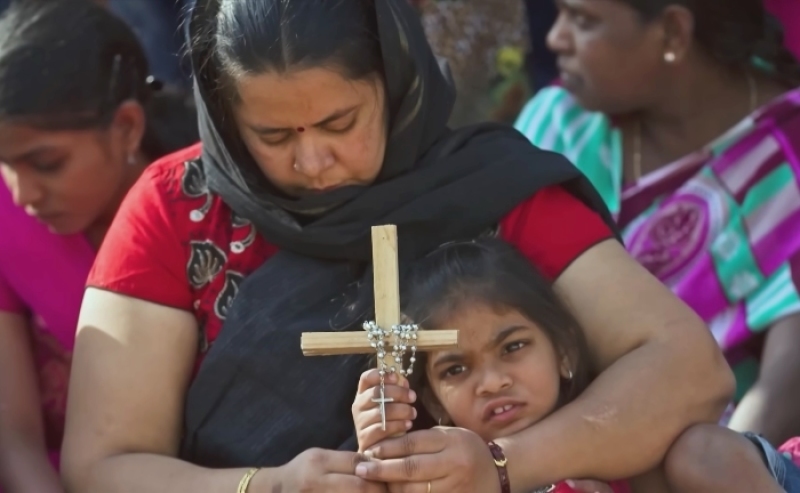
India’s Supreme Court has issued a notice to the Rajasthan government regarding a new petition contesting the state’s controversial anti-conversion law, which permits authorities to confiscate property and demolish homes based solely on allegations of forced religious conversion.
Earlier challenges this month focused on provisions allowing officials to carry out demolitions and seize property; however, the latest petition disputes the law’s definitions of “conversion,” “allurement,” “force,” “coercion,” “misinformation” and “online solicitation.”
It also challenges the mandated prison terms and requirements for individuals to submit prior declarations to the district magistrate before converting.
After directing Rajasthan authorities to respond to two other petitions earlier in November, the Supreme Court on Monday ordered the state to submit a response to a constitutional challenge filed by the Jaipur Catholic Welfare Society.
This petition has been combined with other ongoing challenges to anti-conversion laws. The petitioners argue specifically against Sections 5(6), 10(3), 12, and 13 of the Rajasthan Prohibition of Unlawful Conversion of Religion Act, 2025, which grant wide-ranging authority to government officials to seize and demolish private property linked to alleged conversion activities without judicial approval.
The Rajasthan Assembly passed the Act on Sept. 9, with the governor granting assent on Oct. 3. The law went into effect on Oct. 29—just five days before the Supreme Court first issued notice on the earlier petitions on Nov. 3.
Critics argue that the disputed sections expand state authority over religious practice and property rights to an unprecedented level within India’s federal framework.
Under Section 5(6), authorities may forfeit any property tied to alleged unlawful conversion after an inquiry by a gazetted officer appointed by the district magistrate or the state government.
Section 10(3) empowers officials to permanently revoke the registration or licenses of institutions found in violation of the Act, seize their property, freeze financial accounts, and impose penalties of up to 10 million Indian Rupees ($112,713 USD), effectively shutting them down within the state.
Section 12 allows district magistrates—or officials appointed by the state—to confiscate properties where coerced or fraudulent mass conversions are allegedly carried out, following an inquiry.
Section 13 authorizes demolition of illegal or unauthorized structures on such properties after an inquiry by any gazetted officer. If the structure is on public land or a court has issued a demolition order, the Act permits demolition within 72 hours of issuing a show-cause notice.
Senior Advocate Huzefa Ahmadi has strongly criticized the Rajasthan legislation, calling it the most extreme among similar anti-conversion laws passed by various Indian states.
He noted that fines for “forcible mass conversions,” defined as converting more than two people, can reach 2 million rupees ($22,542 USD), with sentences ranging from at least 20 years to life imprisonment.
Petitioners maintain that these provisions impose “punitive demolitions” and “collective punishment,” claiming they violate fundamental constitutional protections under Articles 14, 21, 22, and 300A.
Legal analysts suggest the outcome may influence the future of religious freedom nationwide, as several Indian states are simultaneously facing similar constitutional challenges to their anti-conversion laws.
The Supreme Court will hear the case once Rajasthan submits its formal response.



















